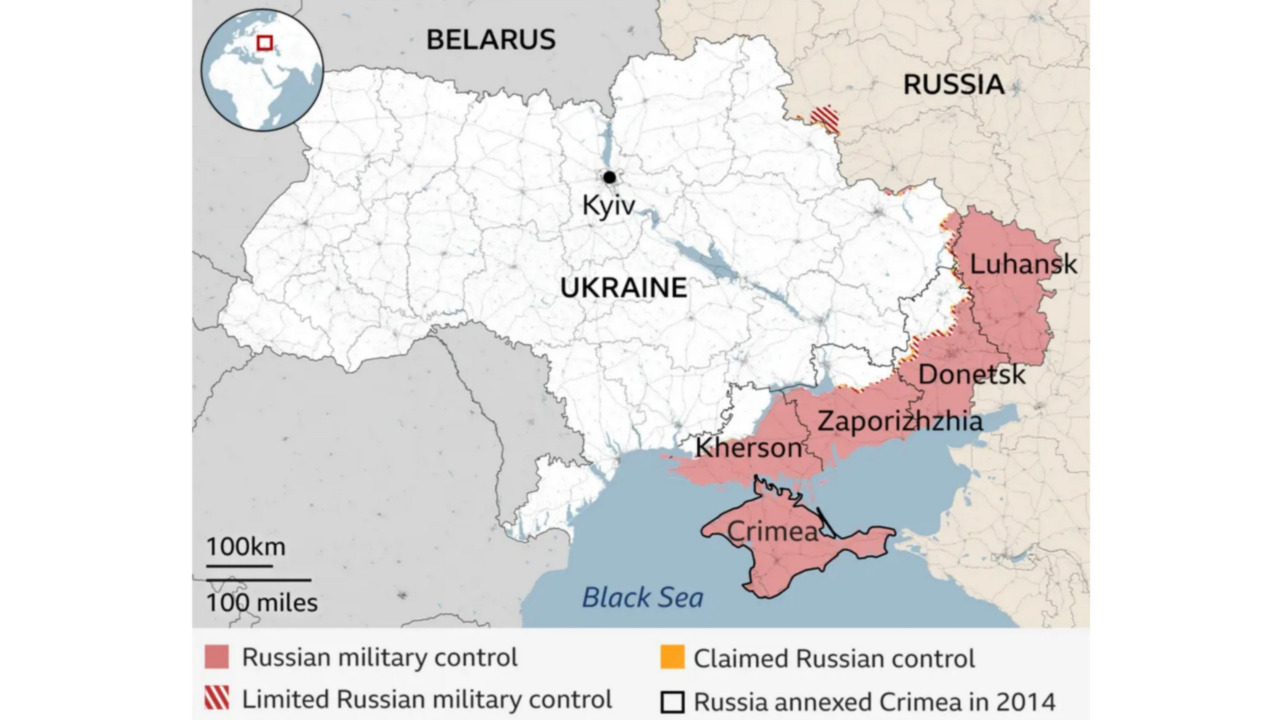America is hopping back on the wagon in record numbers

Image: AARP
For the first time since Prohibition ended, nearly half of Americans are saying “no thanks” to booze, according to new Gallup polling published Wednesday. To pour over the data:
- Just 54% of US adults say they consume alcohol, the lowest figure in the survey’s 90-year history.
- It marks a relatively sharp decrease from 1997 to 2023, when at least 60% of Americans regularly raised a glass.
- Even Americans who do drink are trending towards moderation. A record-low 24% say they had a drink in the past 24 hours, while 40% say they haven’t had alcohol in over a week—the highest percentage since 2000.
A partisan split has also emerged. For decades, Gallup found little difference in the percentages of Republicans and Democrats saying they drink alcohol. But that’s changed over the past two years, with a sharp drop in reported drinking among Republicans (down 19 points, to 46%) but not Democrats (holding fairly steady at 61%).
A healthy decline
Researchers say these new results coincide with a growing body of research published in recent years that indicates alcohol has zero health benefits—and that consumption could actually pose a health hazard, regardless of the amount.
This guidance marks a sharp reversal from previous scientific recommendations that moderate drinking could offer some protective benefits. And it seems consumers are picking up what’s being put down (or more accurately, putting down what’s been picked up).
- A record-high 53% of Americans currently think moderate drinking is harmful to their health, up from 28% as recently as 2018, according to Gallup.
But…It may not be the last call for alcohol, as younger generations are increasingly finishing their whiskeys and beers. A new survey from IWSR Bevtrac found the proportion of Gen Z adults at a legal drinking age who consumed alcohol in the past six months rose from 46% to 70% between March 2023 and March 2025, bringing them in-line with other generations.
📊 Flash poll: To all our readers of legal drinking age: do you personally consume alcohol, or are you a total abstainer?
See a 360° view of what pundits are saying →

Sprinkles from the Left
- Some commentators argue that the scientific community must find more nuanced ways of communicating the potential dangers of alcohol, because the cultural values of consuming some beverages are something to be valued and preserved.
- Others contend that the greater diversity of non-alcoholic alternatives and the increasing availability of marijuana and other soft drugs have made it easier for people to abstain from alcohol, in addition to Americans being more health conscious.
- “There’s More to Wine Than Just a Cancer Warning” –Boris Fishman, NY Times
- “We May Have Already Hit Peak Booze” –David Fickling, Bloomberg
- “Dry January Is Driving Me to Drink” –Tressie McMillan Cottom, NY Times

Sprinkles from the Right
- Some commentators argue that the US government does the public a disservice by emphasizing the health risks of drinking when the science regarding alcohol and cancer is murky and doesn’t clearly show a link between the two.
- Others contend that the US government—specifically RFK Jr.—shouldn’t act to weaken federal alcohol-related recommendations, since the latest data shows alcohol significantly increases people’s risk of cancer, even in low amounts.
- “No, Moderate Drinking Won’t Give You Cancer” –Allysia Finley, WSJ
- “Why America needs honest alcohol guidelines” –Mike Marshall, Washington Times
- “The Key to the Young Male Vote: Beer” –Scott Johnston, WSJ
Share this!
Recent Discussion stories

Discussion
| August 13, 2025Trump admin reaches landmark chip export deal with Nvidia and AMD
🏛️ Nvidia and AMD have agreed to pay the US government a percentage of their chip sales in China in exchange for being allowed export licenses, marking a first-of-its-kind agreement, according to multiple reports published late Sunday.

Discussion
| August 11, 2025Russia submits a ceasefire proposal, Ukraine counters
🌍 Russian President Vladimir Putin last week presented the Trump admin with a proposal for a ceasefire in Ukraine, while European leaders and Ukraine countered with their own proposal for peace that rejects some of Russia's requests.

Discussion
| August 8, 2025Scientific journals have a growing legitimacy issue
The rate of fraud in scientific publishers is growing at an alarming rate, with sophisticated underground networks working to infiltrate top journals and publish fake papers, according to a new investigation.
You've made it this far...
Let's make our relationship official, no 💍 or elaborate proposal required. Learn and stay entertained, for free.👇
All of our news is 100% free and you can unsubscribe anytime; the quiz takes ~10 seconds to complete